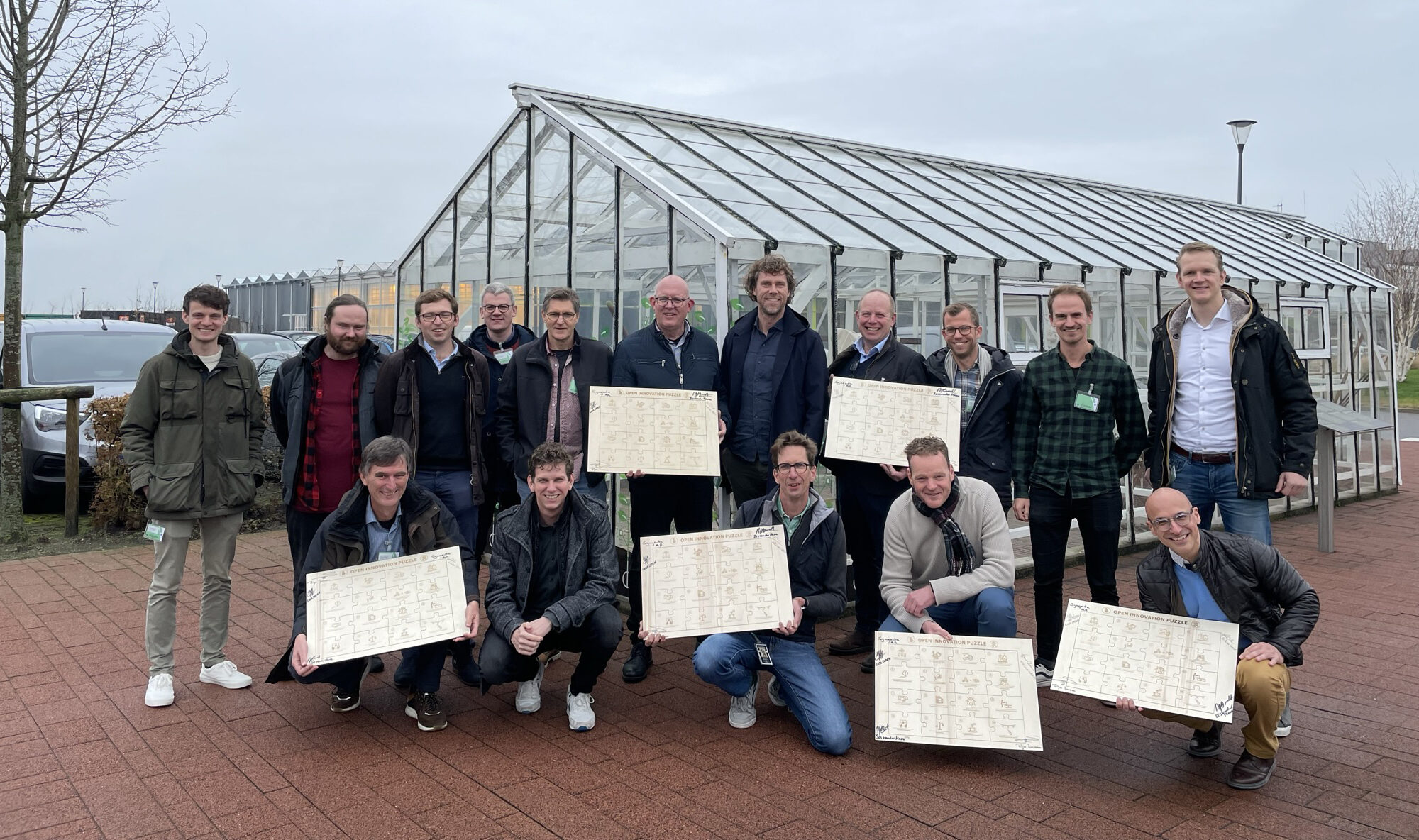Support and empower customers in the transition to sustainable food production by finding a new way of cultivation. A method that aligns with the increasingly stringent European regulations, contributes to soil restoration, enhances plant resilience, reduces CO2 emissions, and withstands more extreme weather. The ambitions of Jan Huisman from Enza Zaden are significant. He explains how he hopes to make a mark on the future of cultivation alongside Seedshift.
Fieldlab Seedshift Steering Committee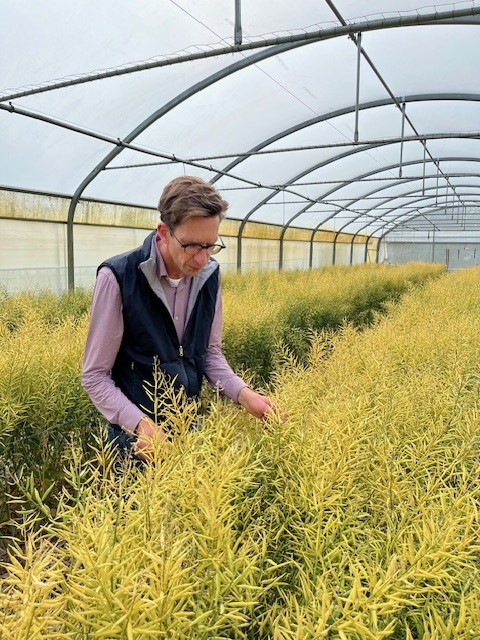
Jan Huisman is global manager of production at Enza Zaden. He began his journey with the company back in 2009 as a production specialist, and has held the reins of open field and leafy crops production for the past eight years. Jan views Seedshift as an avenue for knowledge-sharing in cultivation practices, steering towards a more sustainable future.
“If a crop protection product is phased out due to stricter legislation, you can’t simply replace it with something else. Growing a healthy plant involves many factors. From the fertilizers you use and the condition of the soil to how you protect the crops. Sustainable farming is therefore much more than just using sustainable inputs. As an industry, including Enza Zaden, we can support this by developing resilient varieties, adapted to existing and future sustainable production systems.”
So, what has to change in the current approach? Jan explains: “Continuing global food production as it is today is simply not an option. A new mindset is needed. This can only be achieved if we join forces. Both within and beyond our industry. A mindset that encompasses a more holistic approach. Moving forward, we need to transition to a well-integrated cultivation model. It’s crucial to strike a balance between organic and conventional methods and make 1 plus 1 add up to 3. It’s not just a matter of preference; it’s a necessity.”
Make plants resilient
Enhancing resilience is a key theme for Jan when it comes to cultivation. He says: “To future-proof our practices, we must bolster the resilience of both soil and plants. It is the only way to fight viruses and other threats in plants. A parallel with the pandemic could be drawn. Just as we did as humans, many cultivation operations already adhere to strict hygiene protocols. But despite all our efforts, the protocols and prolonged lockdowns were not successful in the end.”
The same will hold for cultivation. However, finding a solution is not that straightforward. Jan explains: “Plant viruses are difficult to control and new variants will arise in future. So instead of trying to keep these viruses, fungi and bacteria away, we need to make our cultivation practices more balanced and resilient. That is the only way to make sure diseases – or extreme weather – have less of an impact.”
Grand ambitions
With Fieldlab Seedshift, Jan aims to make a significant impact in finding solutions: “As seed companies, we’re at the forefront of the food chain. Our actions reverberate throughout the industry. The question then becomes how we can make the entire chain more sustainable using our knowledge and expertise. It’s an ambitious goal, but it’s what I strive to achieve.”
How does Jan envision this? He explains: “The first step is to further support the raising of awareness. We need to show that there’s a different, more sustainable way to cultivate. And assess how we can support growers that want to make the change. Fortunately, awareness is gradually growing. Legislation, climate change, and soil degradation are already putting some businesses’ livelihoods at risk. Additionally, I’ve noticed that the younger generation is deeply engaged in finding solutions, which is encouraging.”
Future proof
Despite his grand ambitions, Jan acknowledges that change takes time and dedication. He concludes: “In Seedshift we are in it together, for the long term. By sharing our expertise, from within but also beyond the borders of our industry, I hope that in time, we’ll have a clear direction of what works and what doesn’t. The goal is to be able to cultivate in a resilient and future proof manner.”
We thank Jan for sharing his insights about open innovation within the seed industry. For further information on Seedshift, please contact David de Witt (info@hellonewday.nl) and follow us on LinkedIn: Fieldlab Seedshift.
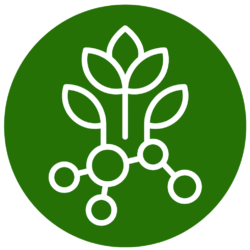
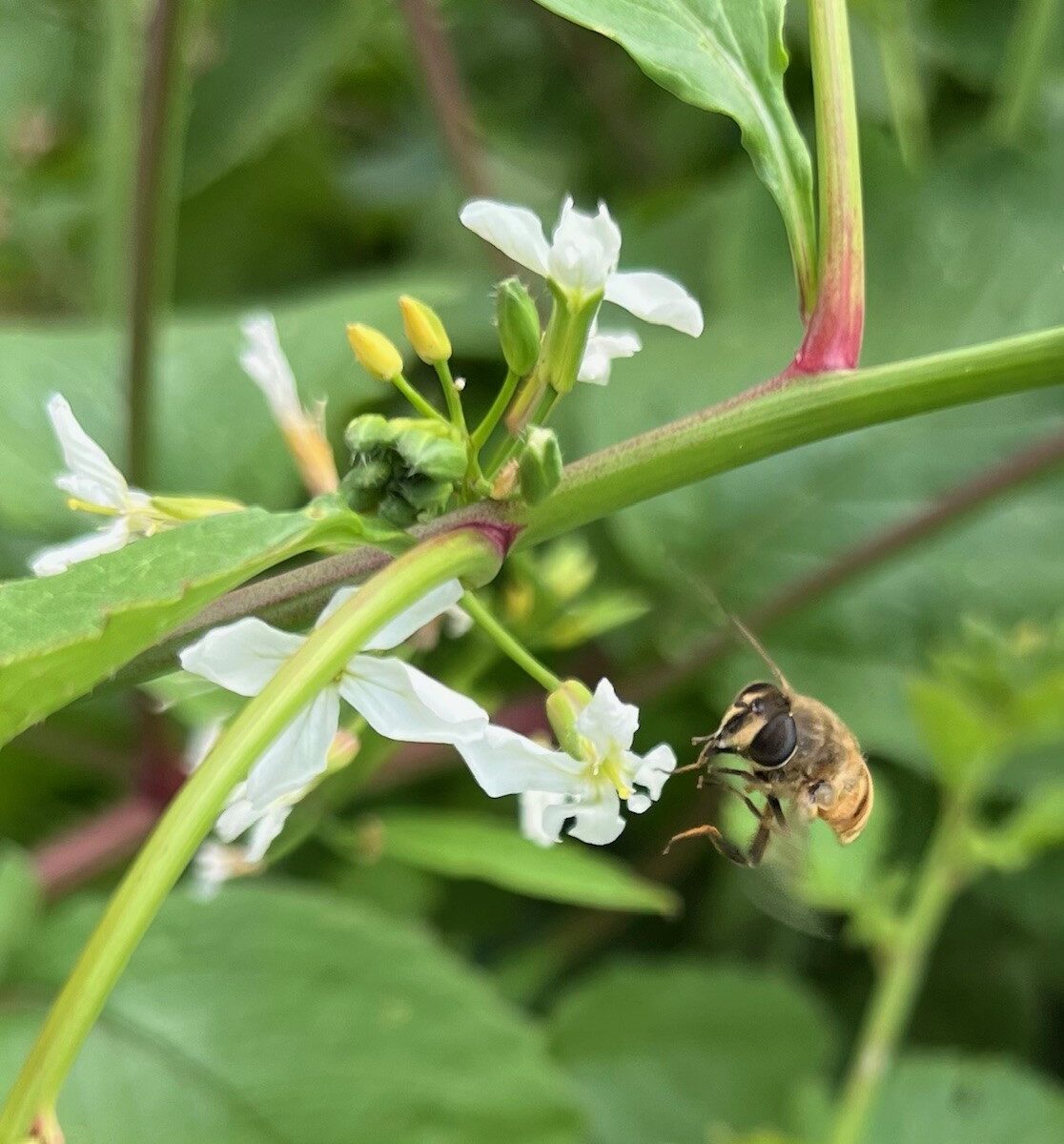
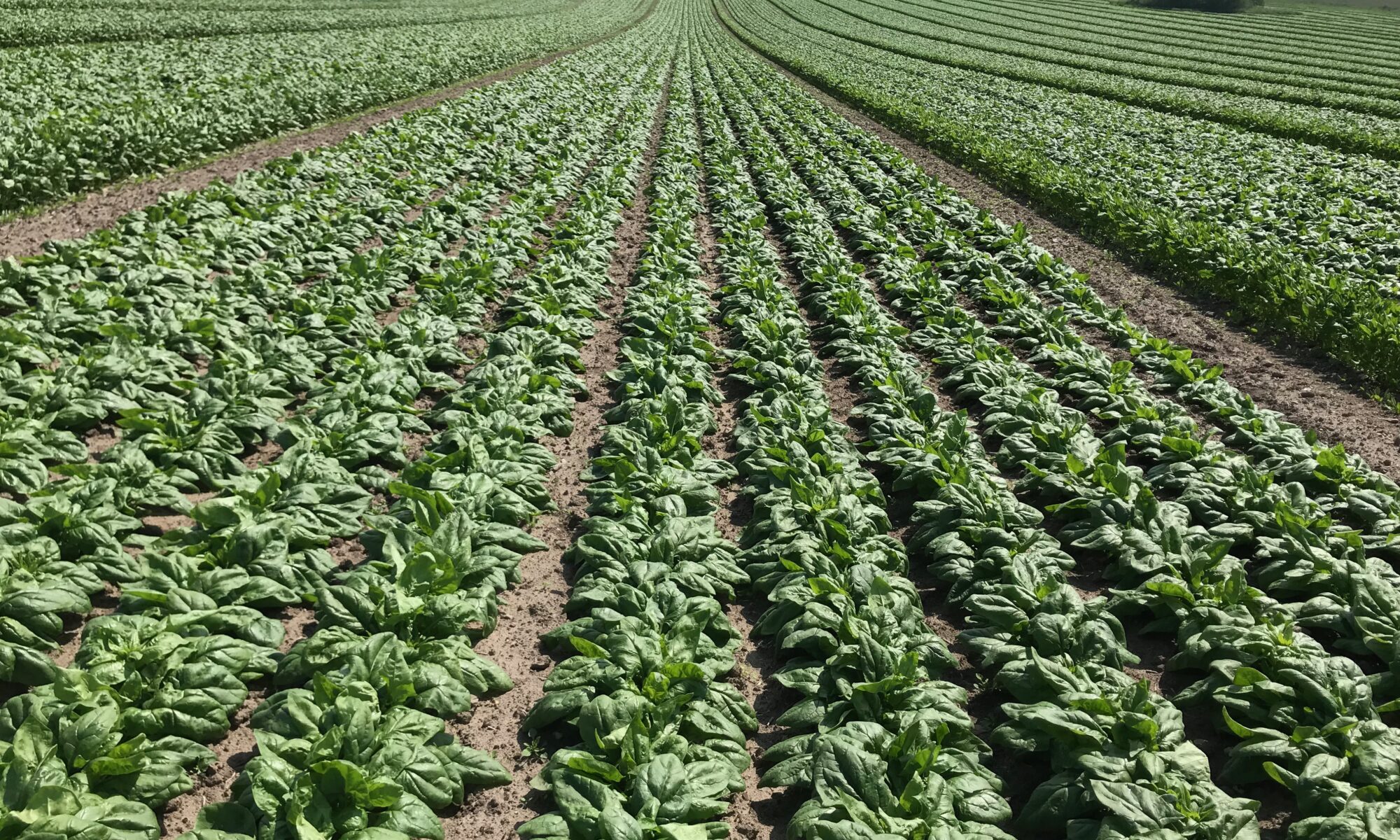
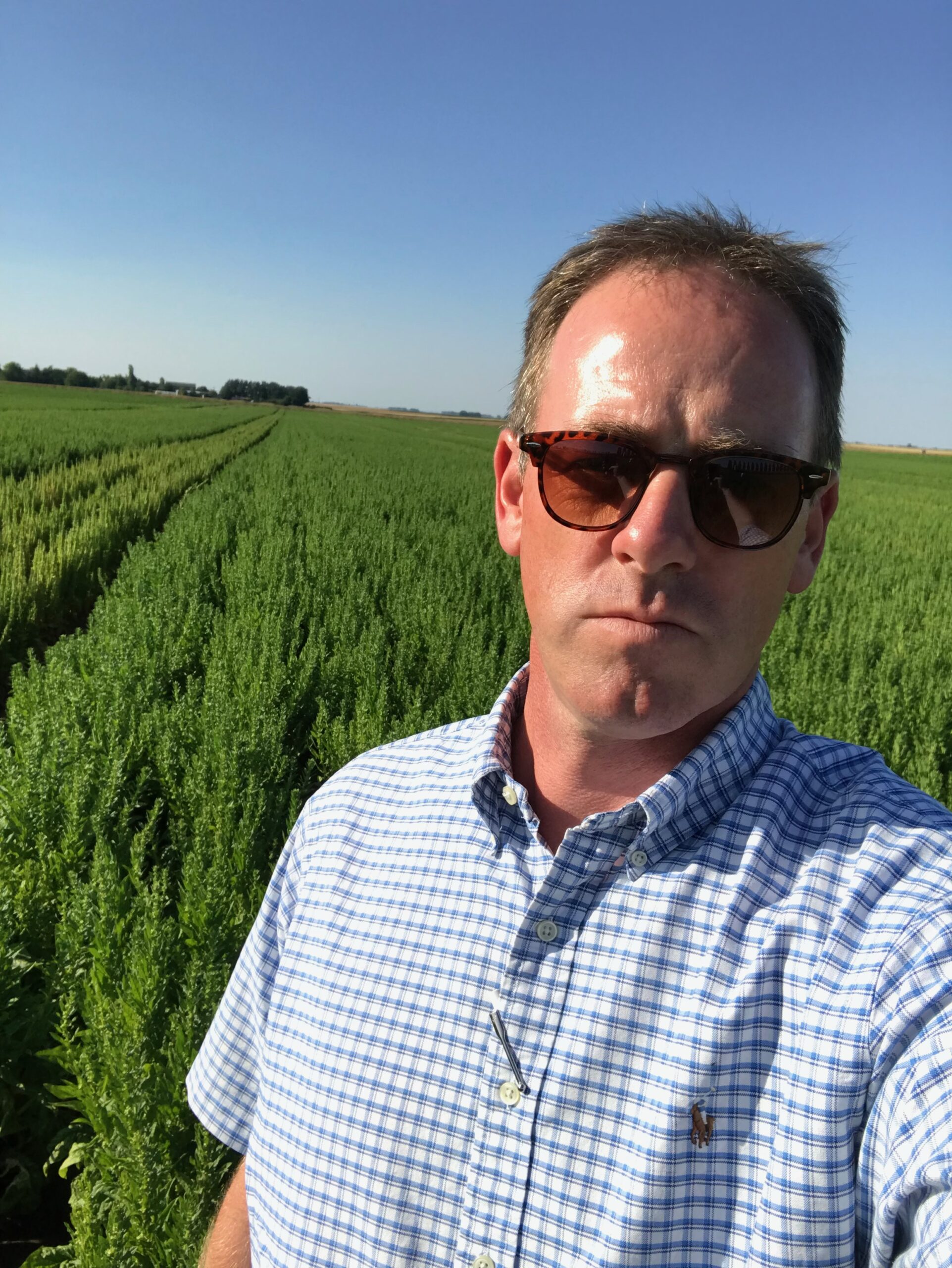
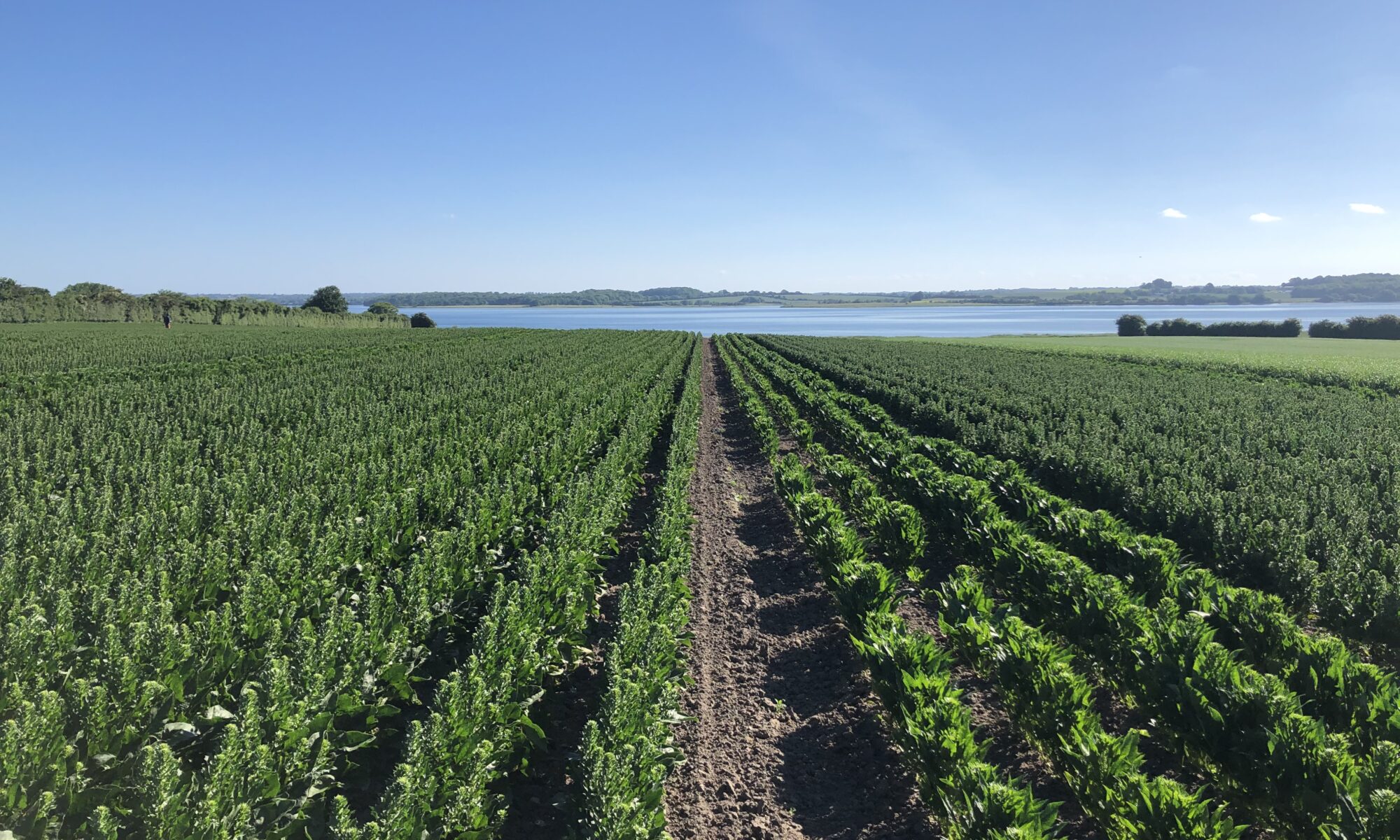
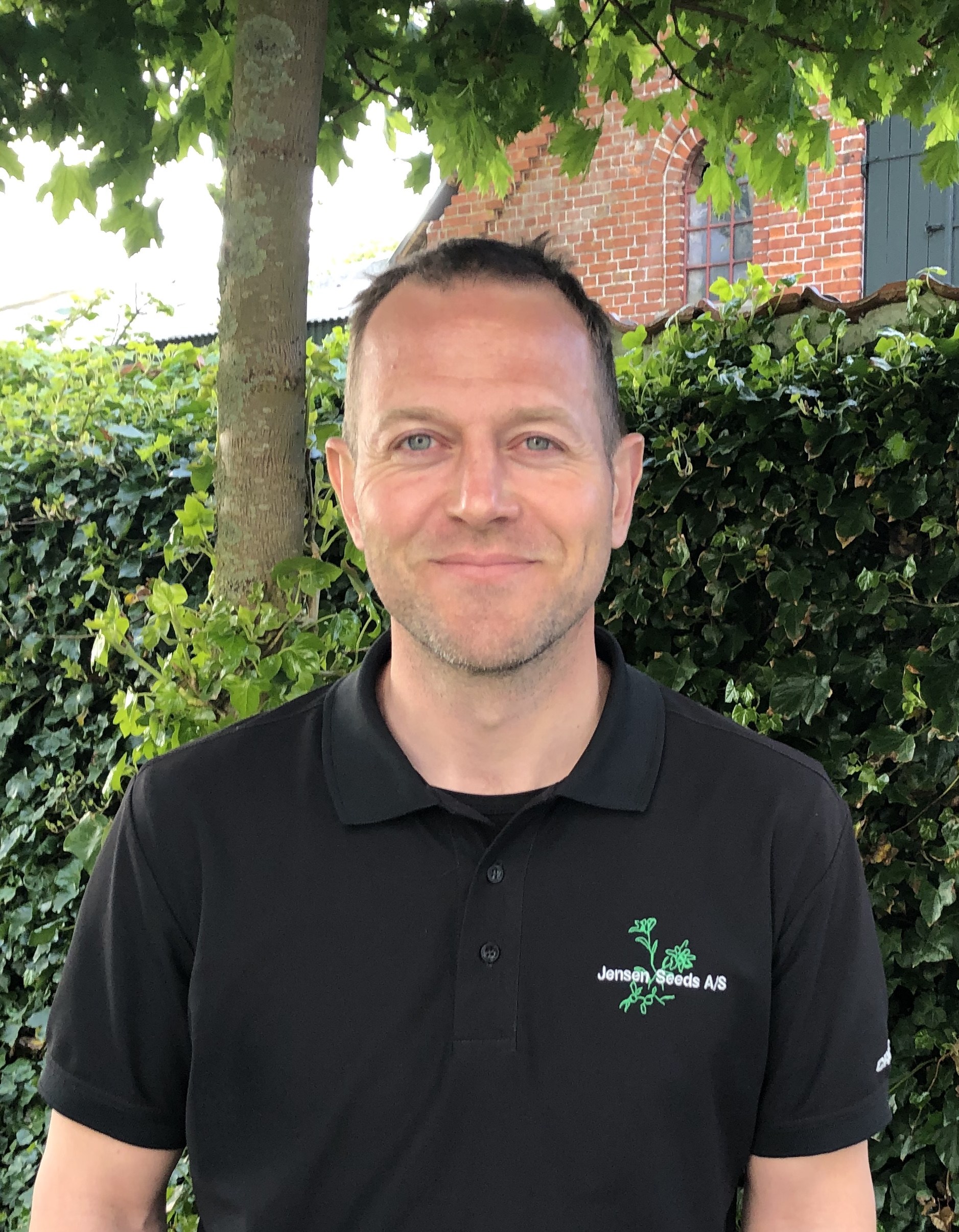 Morten Bang is part of the Seedshift steering committee. He’s been with Jensen Seeds for 12 years, working in seed production for 7 of those. Morten’s upbringing on a farm coupled with his background in agronomy affords him keen insight into the multifaceted realm of vegetable cultivation. Through Seedshift, he aims to harness collective industry forces to confront the challenges of tomorrow.
Morten Bang is part of the Seedshift steering committee. He’s been with Jensen Seeds for 12 years, working in seed production for 7 of those. Morten’s upbringing on a farm coupled with his background in agronomy affords him keen insight into the multifaceted realm of vegetable cultivation. Through Seedshift, he aims to harness collective industry forces to confront the challenges of tomorrow.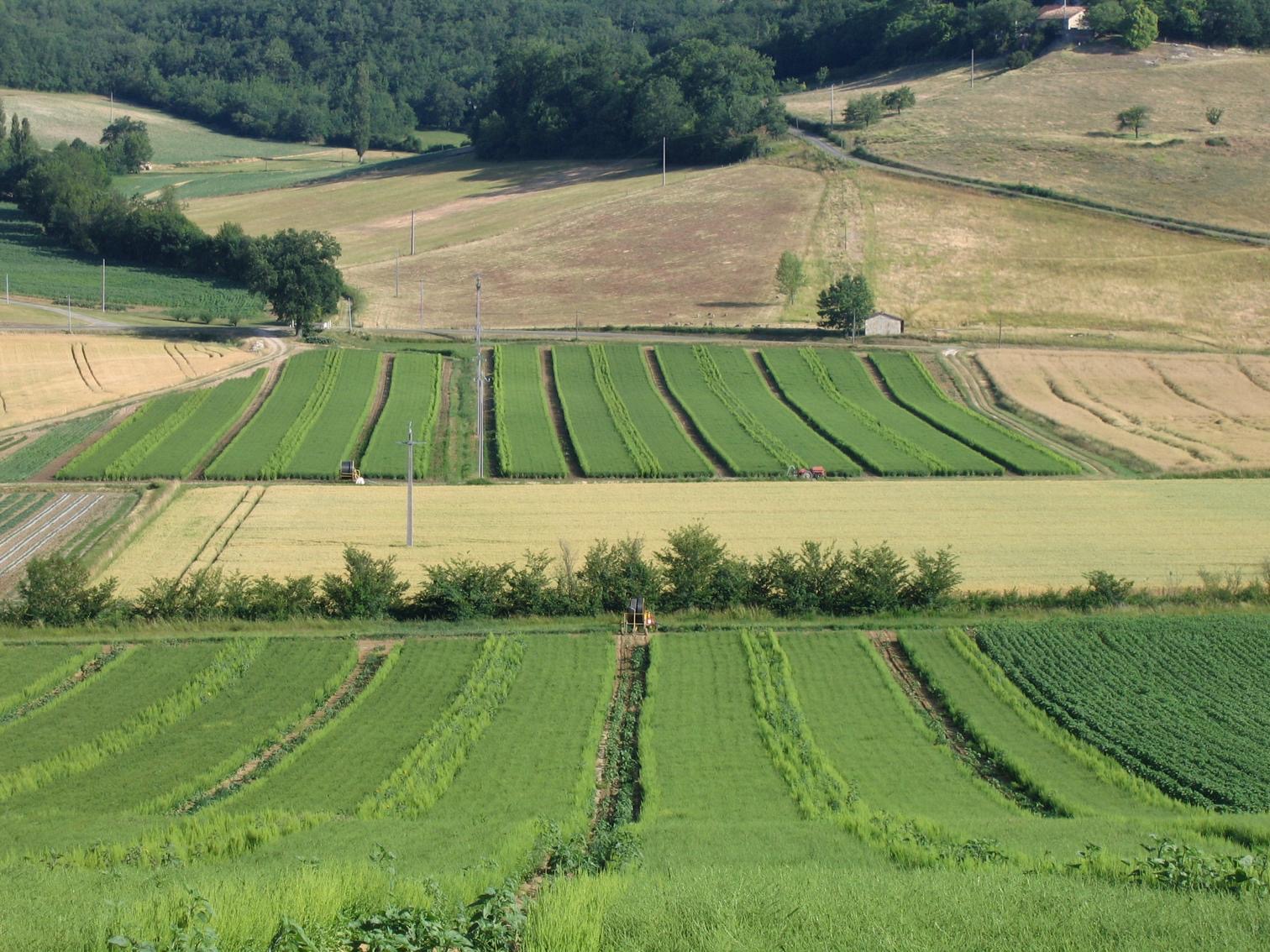
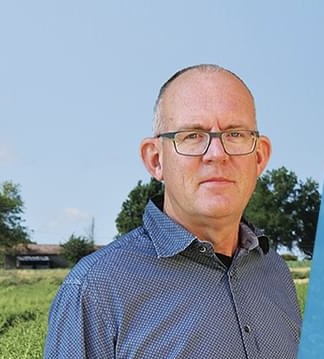
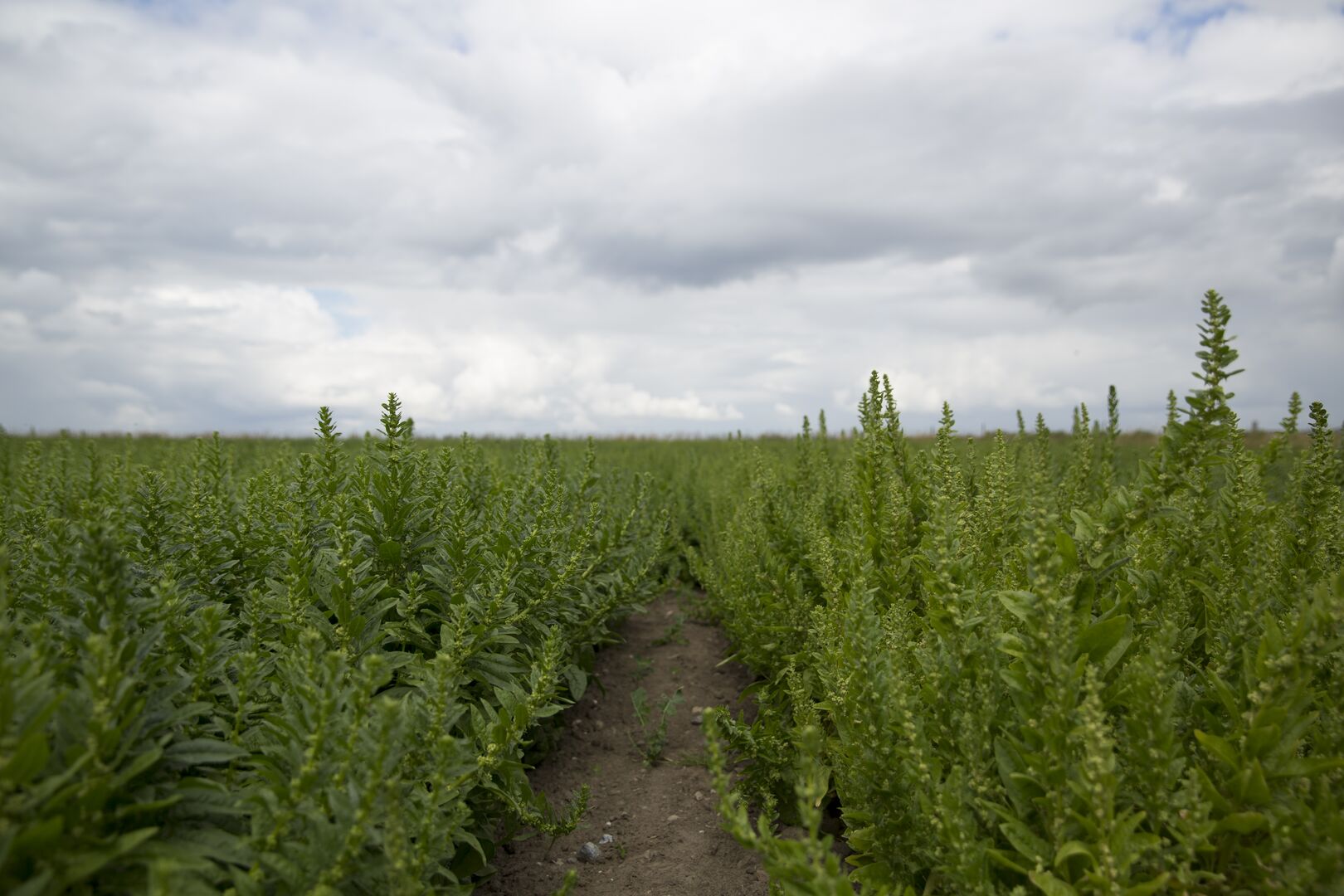
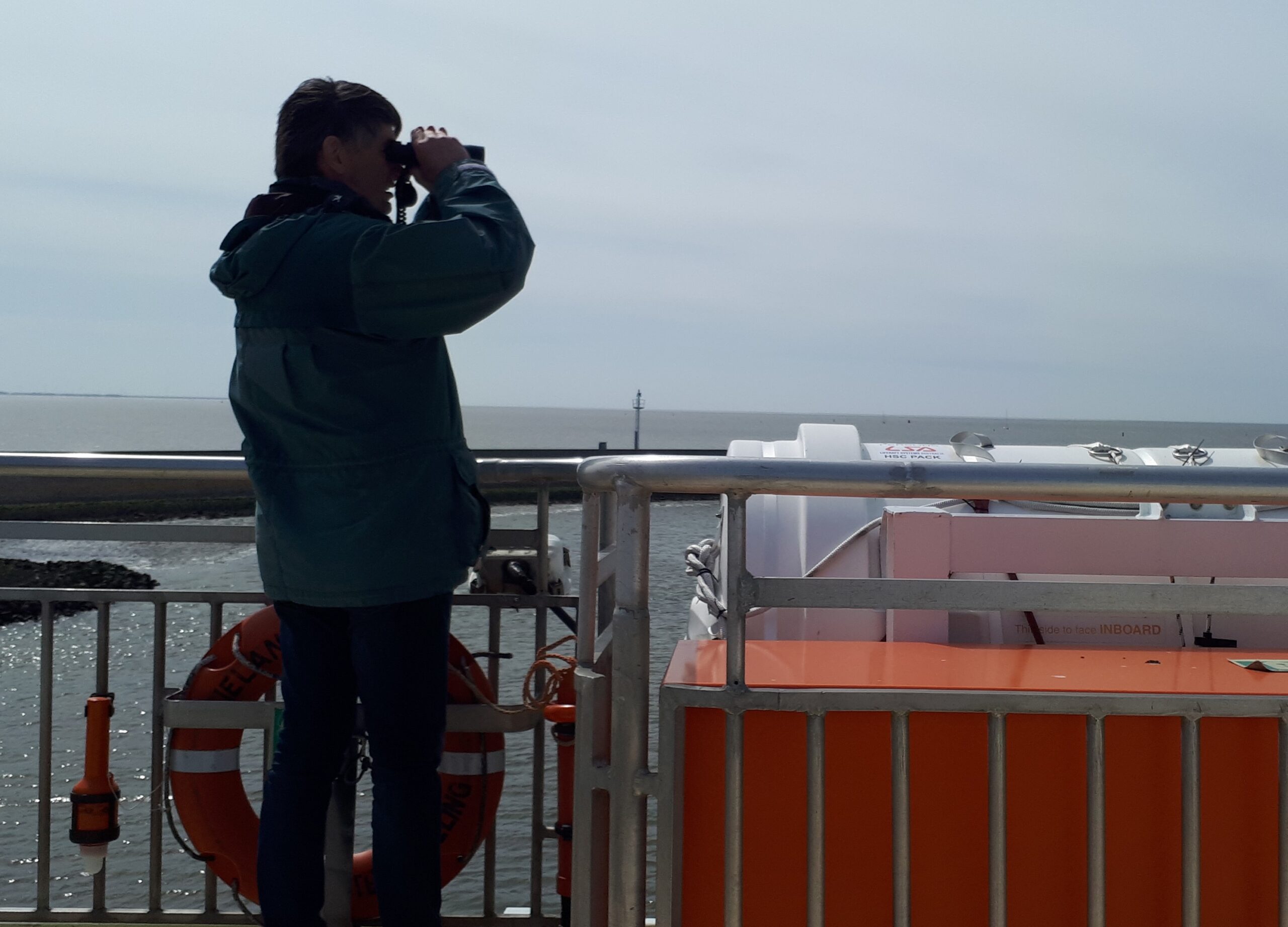 “Rijk Zwaan has long aimed for cleaner cultivation practices. We are not alone in this ambition; the entire industry is engaged in it. Hence, we saw it as a promising idea to pool our resources. Furthermore, this issue isn’t directly related to breeding and selling seeds, making collaboration a natural step.”
“Rijk Zwaan has long aimed for cleaner cultivation practices. We are not alone in this ambition; the entire industry is engaged in it. Hence, we saw it as a promising idea to pool our resources. Furthermore, this issue isn’t directly related to breeding and selling seeds, making collaboration a natural step.”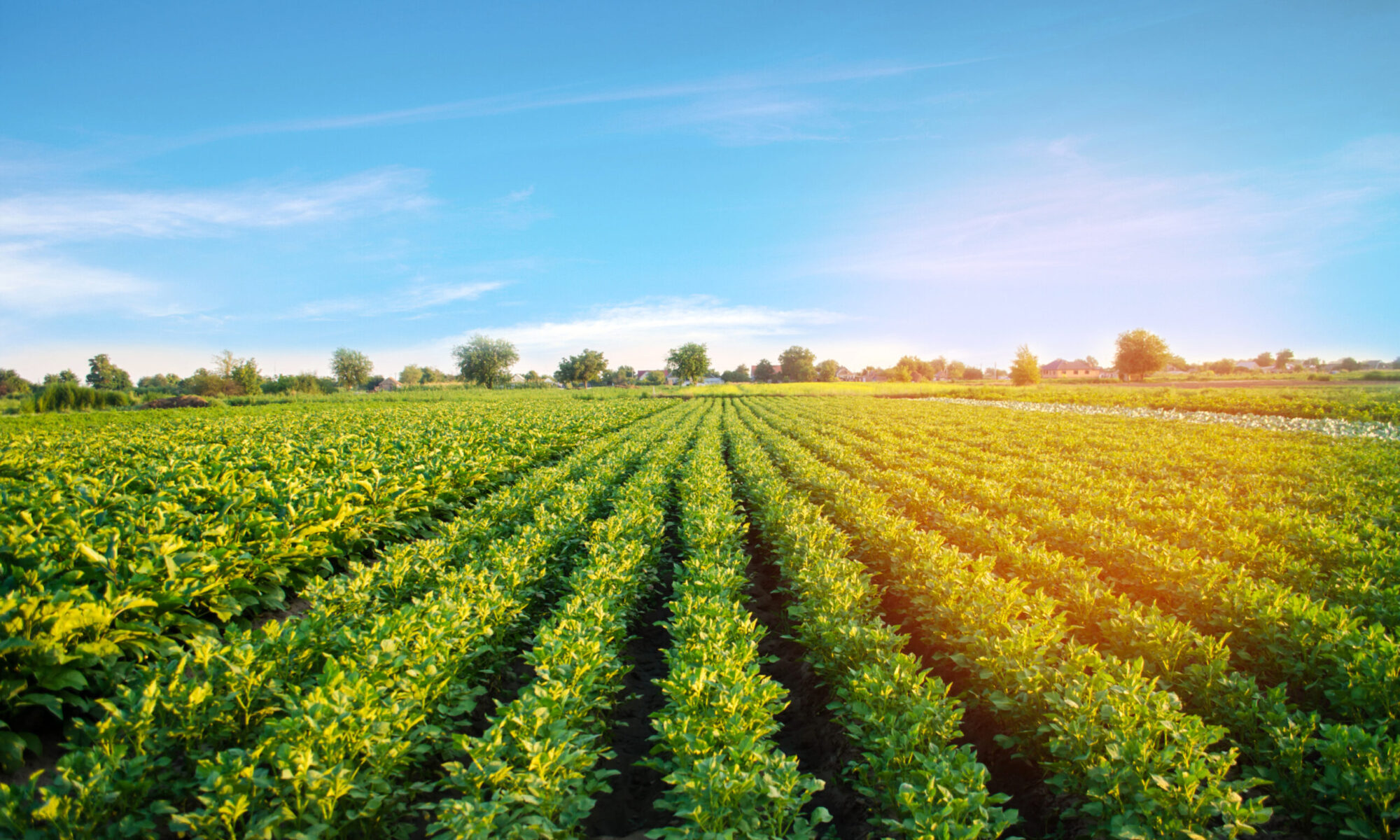
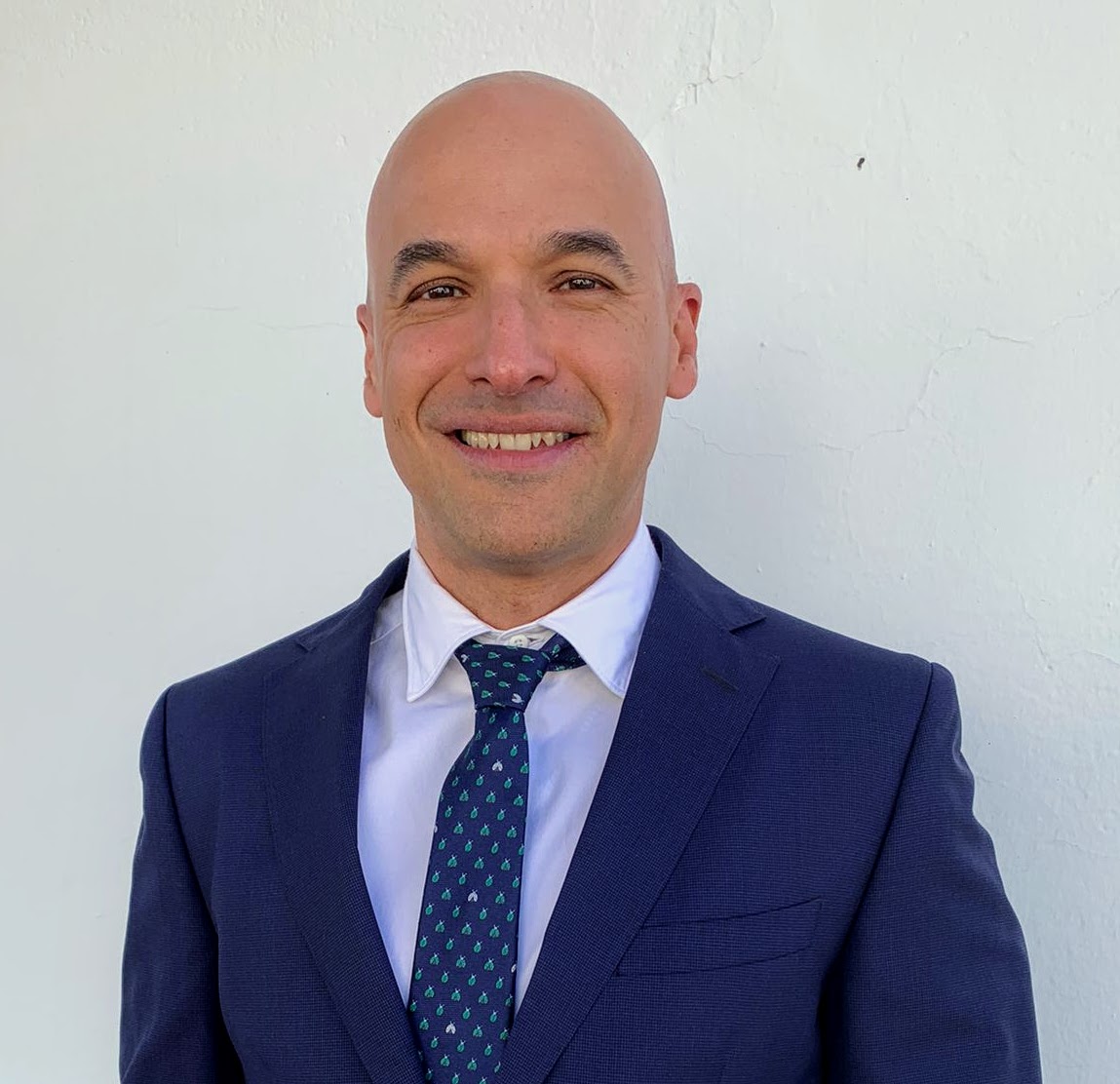 “The increasingly extreme weather patterns are a reminder of the challenges we face. Take Morocco, for instance. The country is experiencing more and more water-related issues, with water becoming scarcer over the years. Periods of drought become longer, and the amount of rain that normally falls in a year, now falls within a week. Previously, extracting water from the subsoil offered some relief, but even that is no longer guaranteed.”
“The increasingly extreme weather patterns are a reminder of the challenges we face. Take Morocco, for instance. The country is experiencing more and more water-related issues, with water becoming scarcer over the years. Periods of drought become longer, and the amount of rain that normally falls in a year, now falls within a week. Previously, extracting water from the subsoil offered some relief, but even that is no longer guaranteed.”